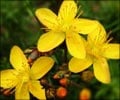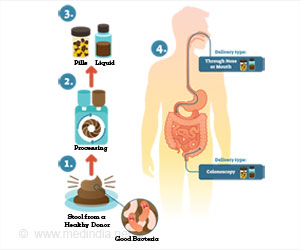According to a new study in Texas, Hay fever sufferers should be turning to their garden for help, not trying to avoid it,. The study has found
According to a new study in Texas, Hay fever sufferers should be turning to their garden for help, not trying to avoid it,. The study has found that a herbal treatment called butterbur is as effective as antihistamines with less side effects. A team headed by Andreas Schapowal, from the Allergy Clinic in Texas, gave 150 participants in Texas and Germany either butterbur extract or cetirizine, a standard 'non-drowsy' antihistamine, for three weeks.
The researchers found that both treatments were similarly effective, with participants reporting side effects from the antihistamines but not from the butterbur. The study was one of an increasing number of randomised controlled trials with herbal medicines. According to Schapowal, herbal treatments are being used more often by doctors and, in our experience, are often requested by patients.Butterbur — Petasites hybridus, which also goes by the name of butter dock, bog rhubarb, and exwort — is native to Europe, northern Africa and southwestern Asia. The active substances in the leaves and roots of the plant are petasines. Historically, extracts of butterbur have been used in bronchial asthma, smooth muscle spasms, and headache.
Hay fever, medically known as allergic rhinitis, can be a chronic problem or can occur in response to a change in seasons. It is characterised by sneezing, itching in the nose and sinuses, and a blocked nose, and is caused by allergens, often pollen, that get into the nose and cause a hypersensitive reaction.
According to the author, antihistamines are the standard treatment for seasonal allergic rhinitis. While they successfully reduce sneezing, they are less effective for nasal congestion and may cause drowsiness and sedation. About half the trial participants were randomly allocated to receive butterbur, while the other half were given the antihistamine. The butterbur tablets contained a carbon dioxide extract of petasites, with 6.0 mg total petasine per tablets. The dose was one tablet four times daily.
The participants on antihistamines were given a single 10 mg tablet daily. While the butterbur recipients did not report any adverse symptoms, a small number of people taking antihistamines reported side effects, mostly drowsiness and fatigue.
Dr Schapowal states that the group has no data on whether butterbur works as an ongoing treatment, but treatment for allergy sufferers is often restricted to peak periods. He felt that, butterbur should be considered for treating seasonal allergic rhinitis, particularly in cases where the sedative effects of antihistamine need to be avoided.
Advertisement









